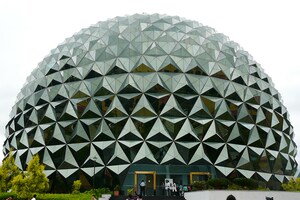Growing e-waste is a problem various countries of the world are grappling with. Now, scientists have come up with a solution to reuse and extract precious metals from used and discarded lithium-ion batteries.
The researchers led by Nanyang Technological University, Singapore, have demonstrated that using fruit peels metals from used batteries can be extracted. With the help of that metal, new batteries can be manufactured.
The scientists believe that their approach will help tackle food and electronic wastage. As per their study, more than one billion tonnes of food waste and 50 million tonnes of e-waste are produced every year across the globe.
A report by Global E-Waste Monitor 2020 suggests that 74 Mt of e-waste will be generated by 2030, almost double the amount produced in 2014.
What the scientists did was they used orange peel to recover precious metals from battery waste and created functional batteries using the extracted item. The best thing is that during the process they generated minimal waste.
Usually what happens is spent batteries are heated at a very high temperature to draw out valuable metals. But, the drawback of this process is that during this, hazardous toxic gases are emitted.
Besides this, scientists are also trying to remove precious metals using strong acid solutions or weaker acid solutions with hydrogen peroxide. But, in this approach secondary pollutants that pose health and safety risks are generated.
In the fruit peel method, cellulose is converted into sugars under heat, enhancing the recovery of metals. The researchers believe that naturally-occurring antioxidants found in orange peel could have also contributed in the process. Solid residue produced in this method turned out to be non-toxic.










